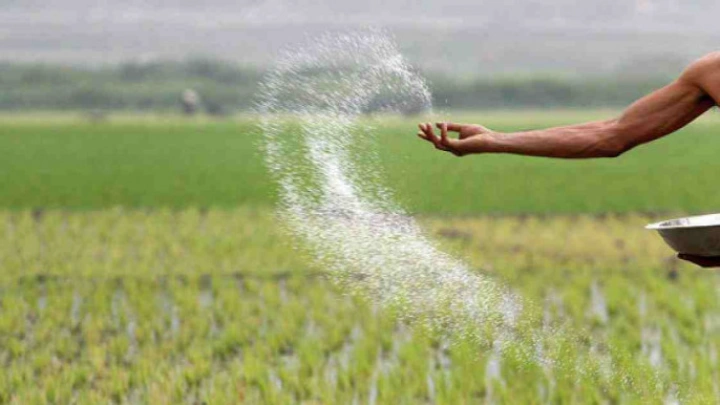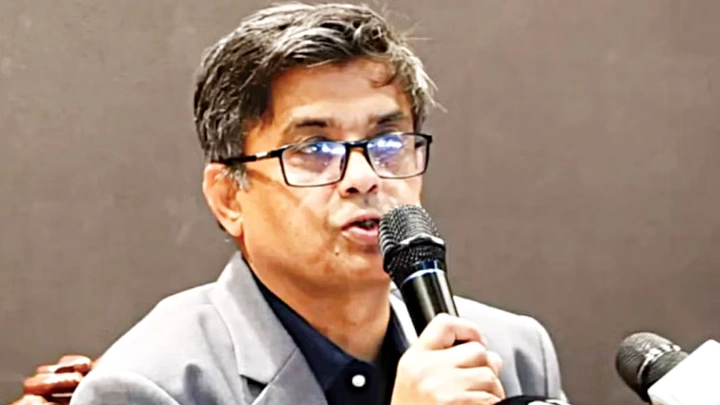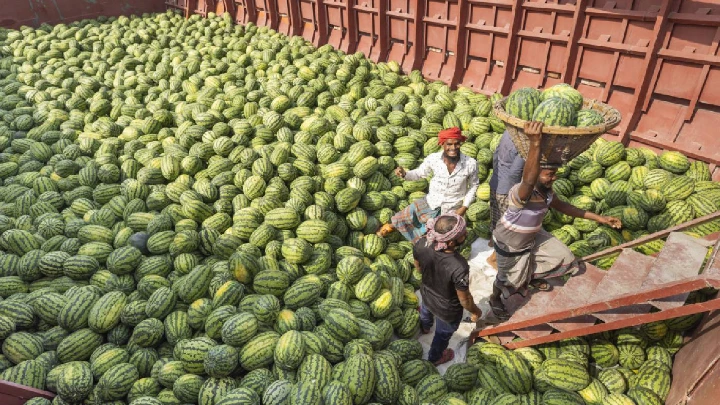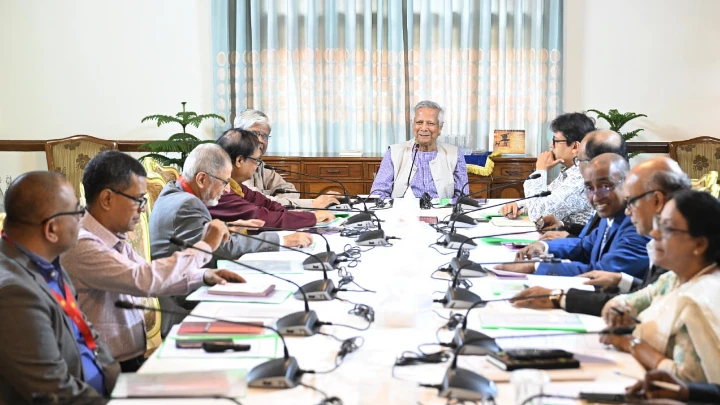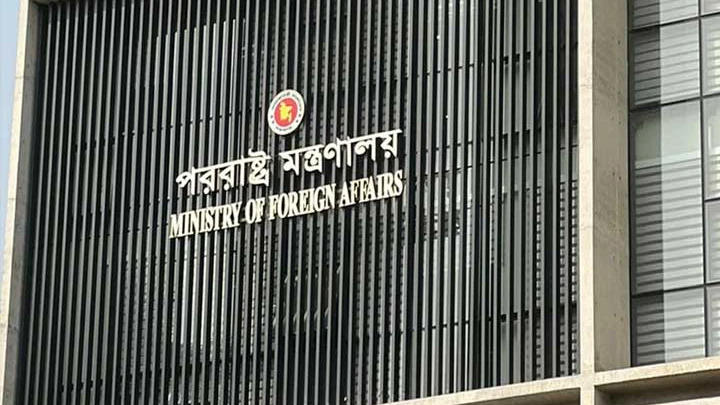Agriculture subsidies will increase by Tk 100 billion
Shining BD Desk || Shining BD
Due to an increase in the price of fertilizers internationally, the government's agricultural subsidy is expected to rise by nearly 63 percent, or Tk 100 billion, to Tk 260 billion in the current fiscal year.
Officials from the finance ministry have confirmed that the agricultural subsidy will be raised in the revised budget to give farmers more relief from the rising price of fertilizer on the international market.
The majority of the subsidy is allocated to fertiliserexpenses.
In addition, the government is considering investing more in research to boost agricultural production and ensure food security, while also increasing the prices for paddy and rice procurement campaigns, sources added.
A finance ministry report on the progress of government initiatives in the agriculture sector reveals that the agricultural subsidy was initially estimated at Tk 160 billion for the ongoing FY23, a significant increase from Tk 90 billion in FY22.
However, due to the Russia-Ukraine war's impact on global energy, food, and fertilizer prices, the subsidy is now being raised to Tk 260 billion.
Global organizations are concerned about a potential food crisis resulting from the war. World Bank President David Malpass recently expressed fears that the escalating food crisis could lead to a humanitarian disaster.
The International Grain Council (IGC), Food and Agriculture Organization (FAO), and World Food Programme have also predicted a decline in global food stocks and a sharp increase in food prices, which could be disastrous for the world's impoverished population.
Prime Minister Sheikh Hasina has directed concerned authorities to take steps to ensure that no land is left uncultivated while providing necessary facilities to farmers.
To this end, the government has decided not to raise fertilizer prices in the local market, despite the increase in international prices, and instead increase subsidies.
Agriculture Minister Dr. Abdur Razzaque recently said the subsidy on fertilizer will be increased to boost agricultural production and minimize any risks to agricultural production.
The Prime Minister has also instructed for an increase in agriculture subsidies in the current fiscal year. In August last year, the government increased the price of Urea fertilizer by Tk 6 per kg, citing a global price hike and a need to keep the use of urea at a reasonable level.
Despite this price increase, the government still has to provide Tk 59 in subsidies for each kg of Urea, compared to Tk 15 per kg in the 2005-06 fiscal year.
To address the impacts of climate change on agriculture, the government has allocated Tk 7.03 billion to 9 institutions involved in agriculture research, with Tk 5.02 billion dedicated to research-related sectors.
The government plans to increase this allocation in the current fiscal year, according to the finance ministry report.
The government also plans to purchase 17 lakh tonnes of rice and 9 lakh tonnes of paddy from farmers at a cost of Tk 42 per kilogram of rice and Tk 28 per kilogram of paddy.
The report states that the price may be increased further to ensure a fair price for farmers.
To support oilseed production and agricultural rehabilitation, Tk 5 billion has been allocated, while Tk 8.42 billion has been earmarked for the mechanization of farming practices. The government provides a 20 percent subsidy on electricity bills for irrigation pumps and offers 4 percent loans for growing 24 crops, including pulse, edible oil, spices, and maize.
The original budget for the current fiscal year has set aside Tk 336.98 billion for the agriculture, food, fishery, and livestock sector, an increase from Tk 243.45 billion the previous year.
Shining BD

